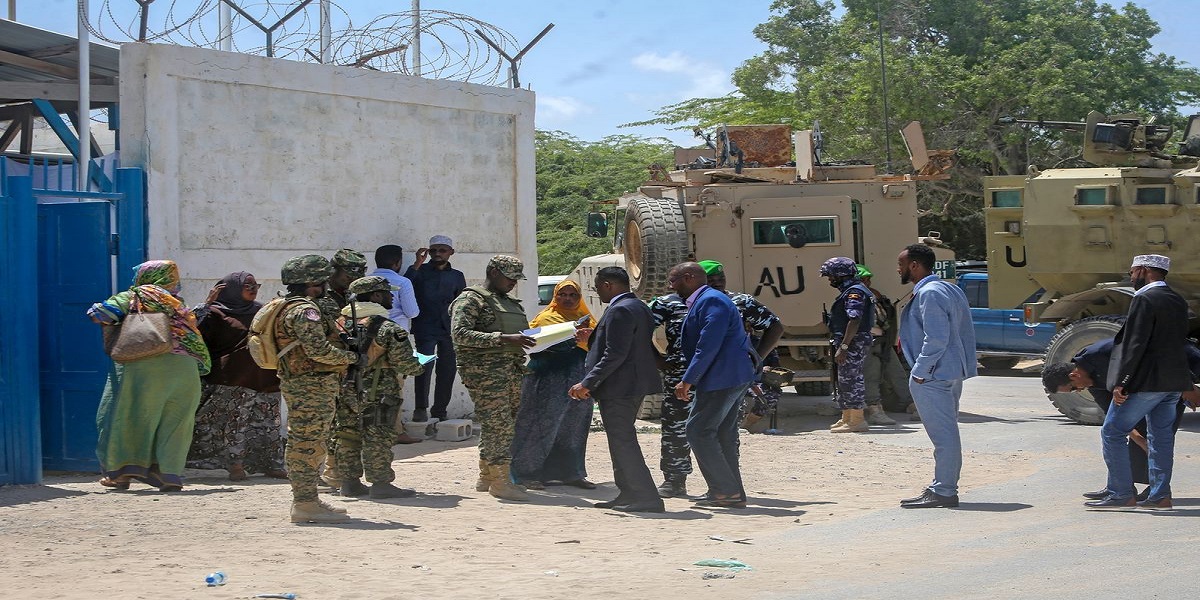Parliamentarians in Somalia gathered on Sunday in a heavily defended airport hangar to elect a new president, a vote necessary to keep international help flowing to the poor country ravaged by three decades of civil conflict.
According to observers, previous presidents Sharif Sheikh Ahmed and Hassan Sheikh Mohamud were the frontrunners in a crowded field of 35 hopefuls, despite the fact that their rules had failed to prevent corruption or an extremist conflict.
The United Nations-backed referendum was postponed for almost a year owing to political wrangling, but it must place this month to safeguard a $400 million IMF programme.
It takes place during the country’s worst drought in four decades, against a depressingly familiar backdrop of the carnage caused by Al-Shabab insurgent attacks, infighting among security personnel, and clan conflicts.
A suicide bomber claimed by Al-Shabab injured seven persons during political protests near the hangar in Mogadishu’s seaside capital on Wednesday.
Sufi Muslim rebels clashed with government authorities in Galmudug state on Friday. On Sunday, Mogadishu was under curfew, with streets silent and stores closed.
Though simply holding the process was a triumph in and of itself, many in the 15 million-person country were doubtful of meaningful change.
They argued that the leading candidates were old faces recycled from the past who had done little to aid them and that such elections were routinely dominated by bribes.
Former President Mohamed Abdullahi Mohamed, dubbed “Farmaajo” for his alleged fondness of Italian Formaggio cheese, was unlikely to be re-elected after losing support in last month’s legislative vote.
Due to instability, Somalia is still unable to organise a direct public vote, with the government having little influence outside of the city. African Union forces stood to watch within an Iraq-style “Green Zone” while lawmakers came, spoke, and listened to traditional music.
Two or three rounds of voting were expected, with a result likely by late evening.
“The only hope we have is this election,” said medical student Nur Ibrahim.
“There is no life in Somalia. We study and then get bombed by terrorists. If there is no peace, education has no use.”
As well as former presidents Ahmed (2009-2012) and Mohamud (2012-2017), the head of the semi-autonomous region of Puntland, Said Abdulahi Deni, also have a good chance, analysts say.
Only one woman was standing, former foreign minister Fawzia Yusuf Adam, but was not expected to garner significant support in the strictly patriarchal society.
Ahmed took over a Western-backed transitional government in 2009, establishing the national army and helping push Al-Shabab out of Mogadishu though it came back strongly in the regions. The other former president, Mohamud, was a peace activist and academic.
“Today all are indoors watching the hottest ever presidential election,” said an elder in Mogadishu, Farah Ahmed, adding that if the unpopular incumbent was re-elected, many more Somalis would leave their homeland in despair.
For the latest International News Follow BOL News on Google News. Read more on Latest International News on oldsite.bolnews.com




















